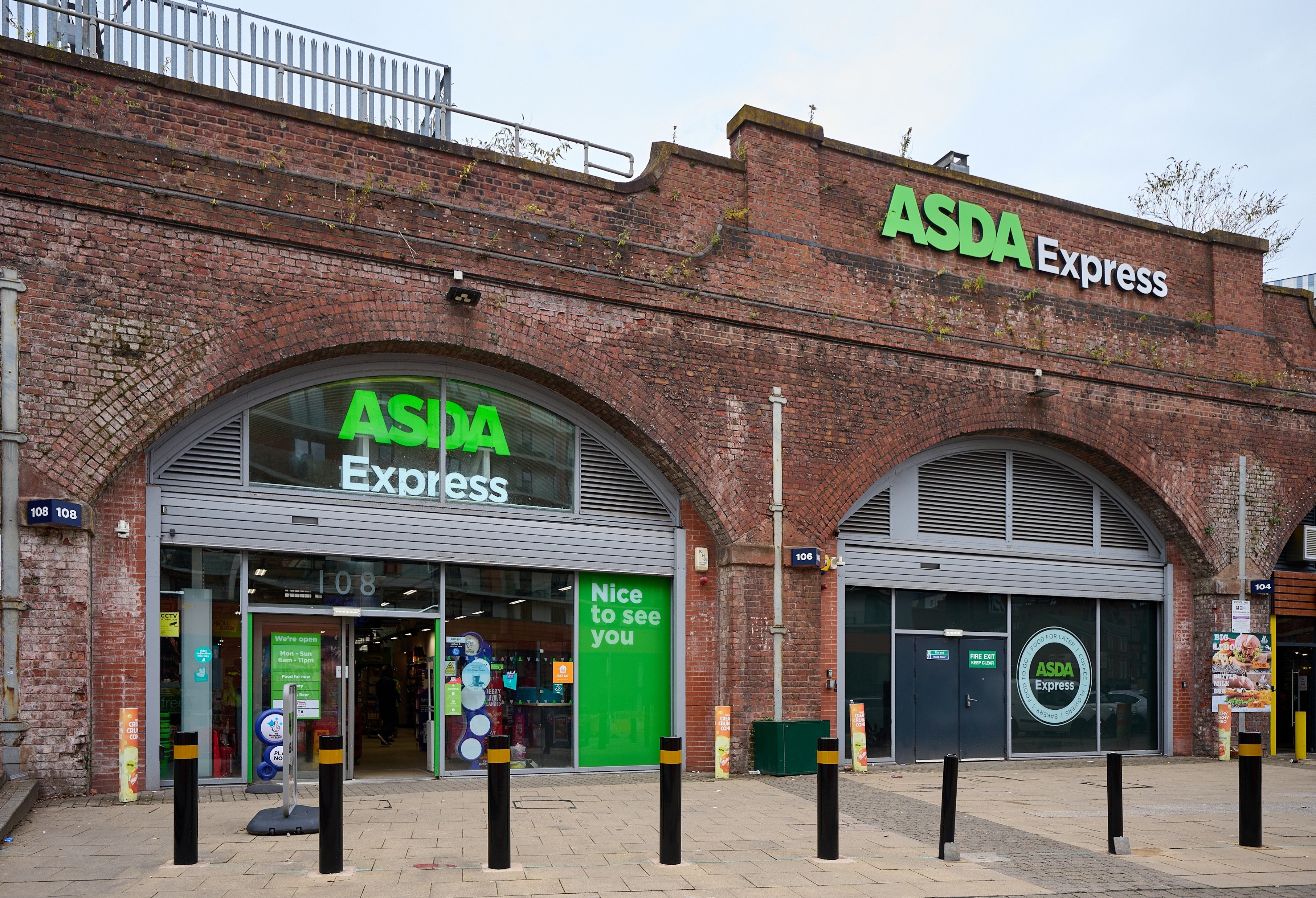
Supermarket chain Asda is set to equip 250 of its Express convenience stores with digital price tags, enabling electronic price changes across shelves.
The retailer follows in the footsteps of others, such as Lidl and Currys, who have already adopted electronic shelf-edge labels (ESLs) in their shops.
Around 2,800 individual labels will be added, Asda confirmed, meaning staff will no longer need to manually replace pricing in stores.
The technology, powered by retail technology firm VusionGroup, also helps display allergen information through QR codes, as well as displaying the cost, weight and unit price of products.

The grocer said the change will free up time for its store workers, such as to help customers, manage deliveries and restock shelves.
It is understood that Asda has no plans to reduce staffing as a result of the rollout, nor introduce “dynamic pricing” – which enables businesses to raise or lower prices in real-time in response to demand.
Joseph Sutton, Asda Express’s vice president, said: “We’re continuing to invest in enhancing our stores, and the launch of cutting-edge technology across our Express estate is proof of this.
“By streamlining our instore operations, we can free up our colleagues to focus on what they do best – serving our customers.”
Asda is opening up to 20 new convenience stores before the end of the year.
The grocer has been pushing forward with a major turnaround strategy which has included cutting the prices of a range of products in a bid to attract more cash-strapped shoppers.
Digital price tag technology has been introduced by the likes of Lidl, Co-op and Currys across UK stores.
Co-op has also used the technology to direct shoppers to its membership webpage when they tap the label with their mobile phone.
Last week Tesco said it is showing no signs of “losing its grip” as the UK’s biggest supermarket – despite battling an persistent price war and a plethora of higher business costs, experts say.
Tesco revealed its group sales rose by 4.6% in its first quarter, compared with the prior year, having been boosted by growing demand for own-brand and premium products.
It has been steadily growing its share of the UK grocery market – picking up 0.8 percentage points over the past year to 28.4%, according to the latest analysis by Worldpanel by Numerator.
Meanwhile, its biggest rivals Sainsbury’s and Asda have seen their share of the market edge lower, while German discounters Aldi and Lidl continue to gain customers.
Tesco’s shares have soared to their highest price in more than a decade amid the strengthening performance.
Royal Mail to take over thousands of UK convenience stores
Tesco, Asda and Morrisons axe supplier after footage shows piglets beaten to death
Tesco not ‘losing grip’ on UK grocery market despite persistent price war
Princes Tuna and Napolina firm plots London IPO
Price hikes will be limited despite cost pressures, Wetherspoon’s boss says
Beauty Tech Group debuts on London market with £300m valuation







